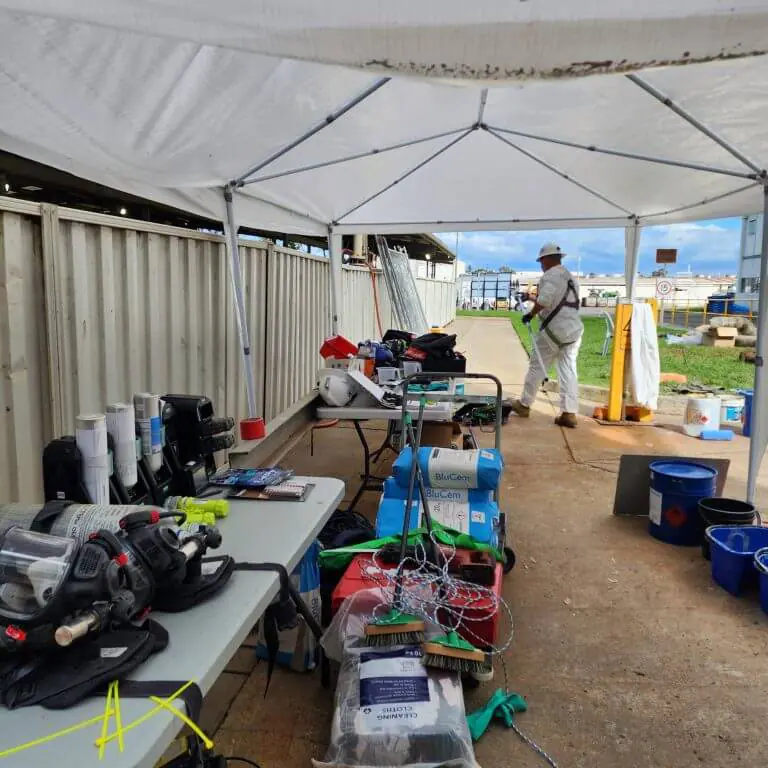
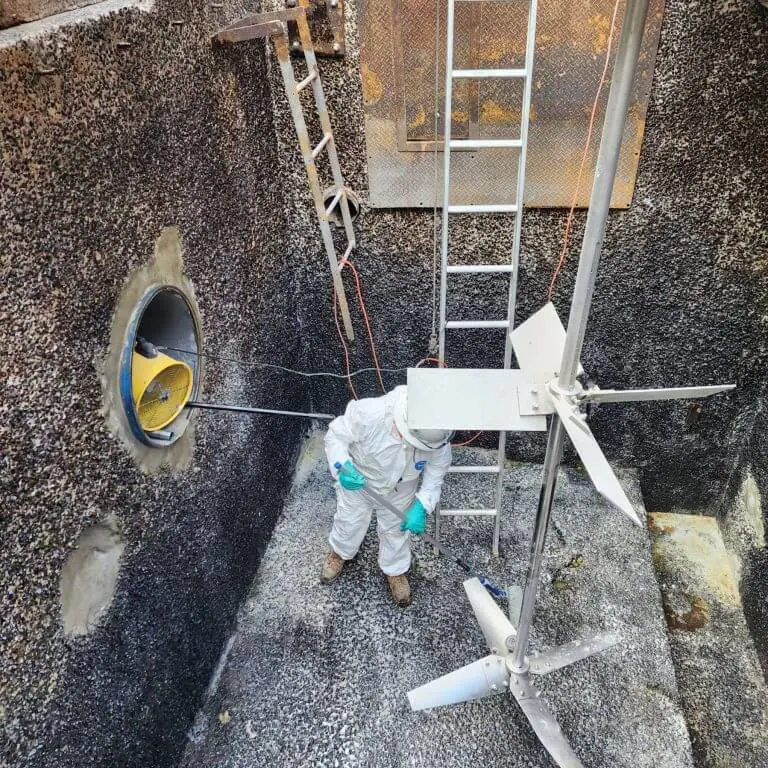
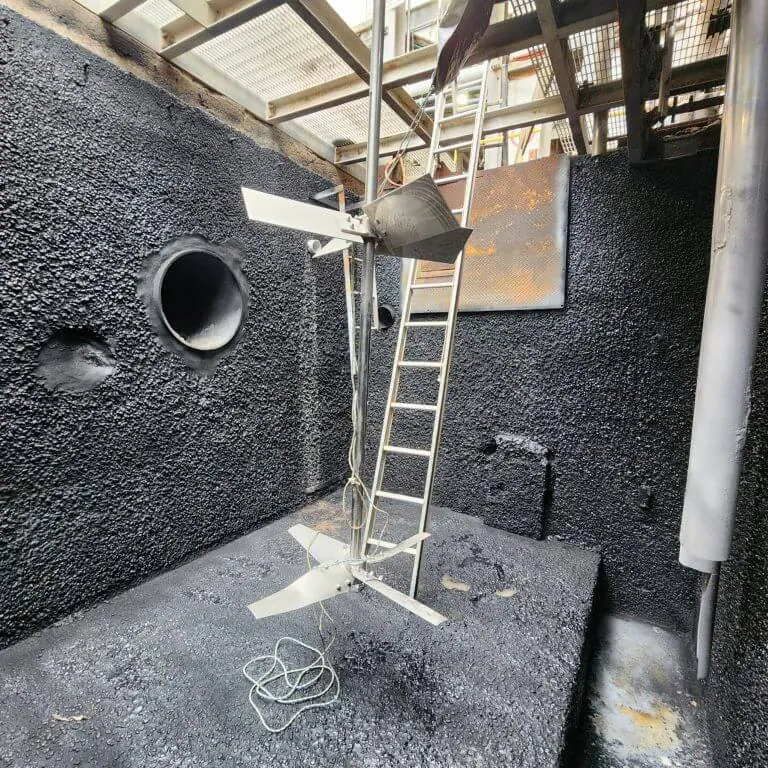
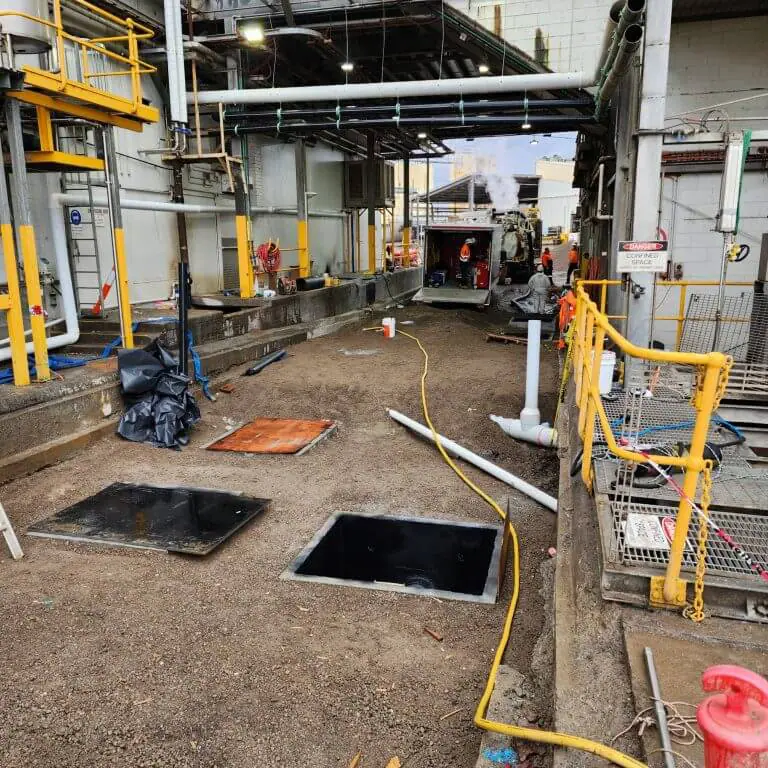
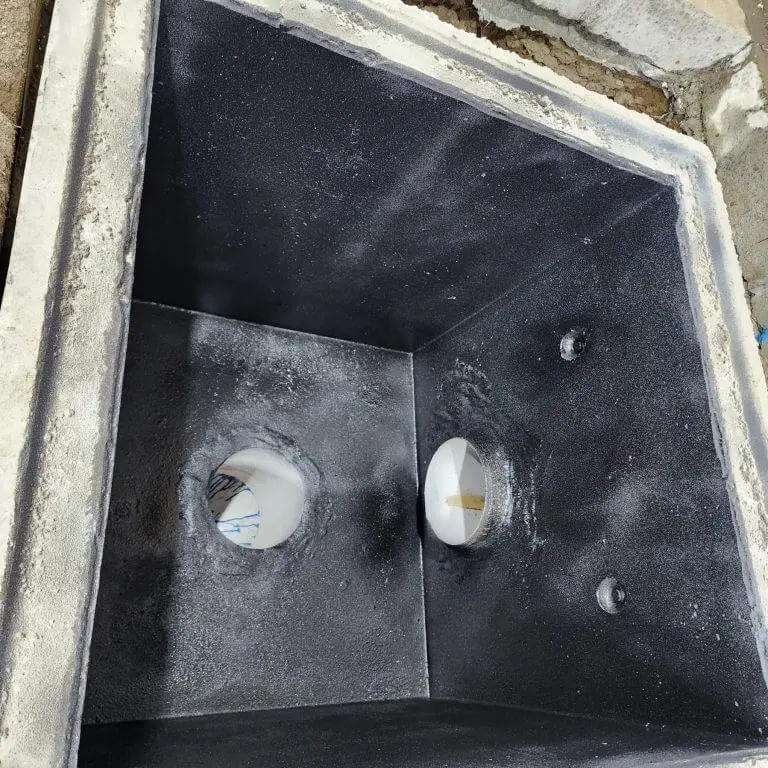
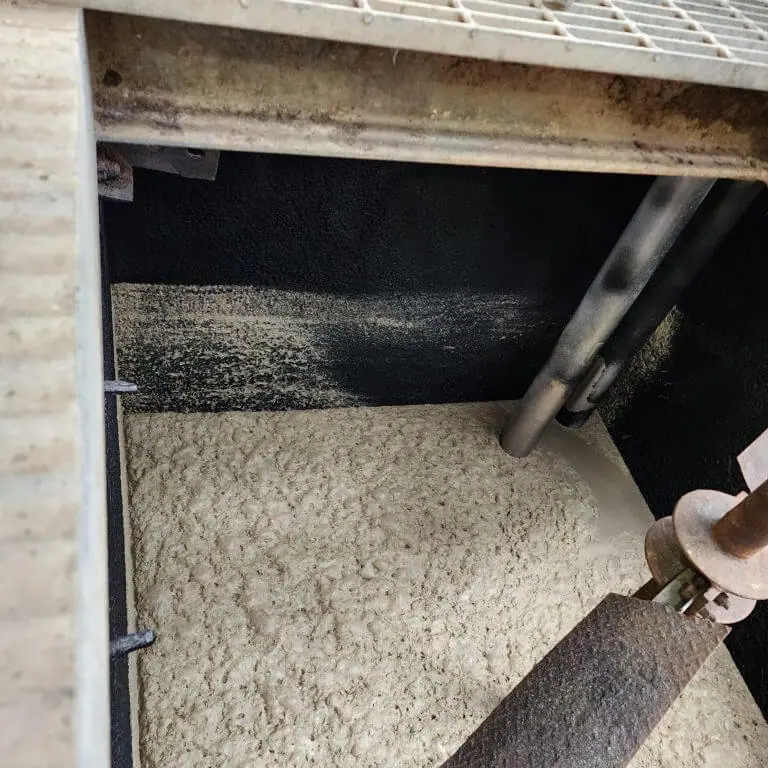
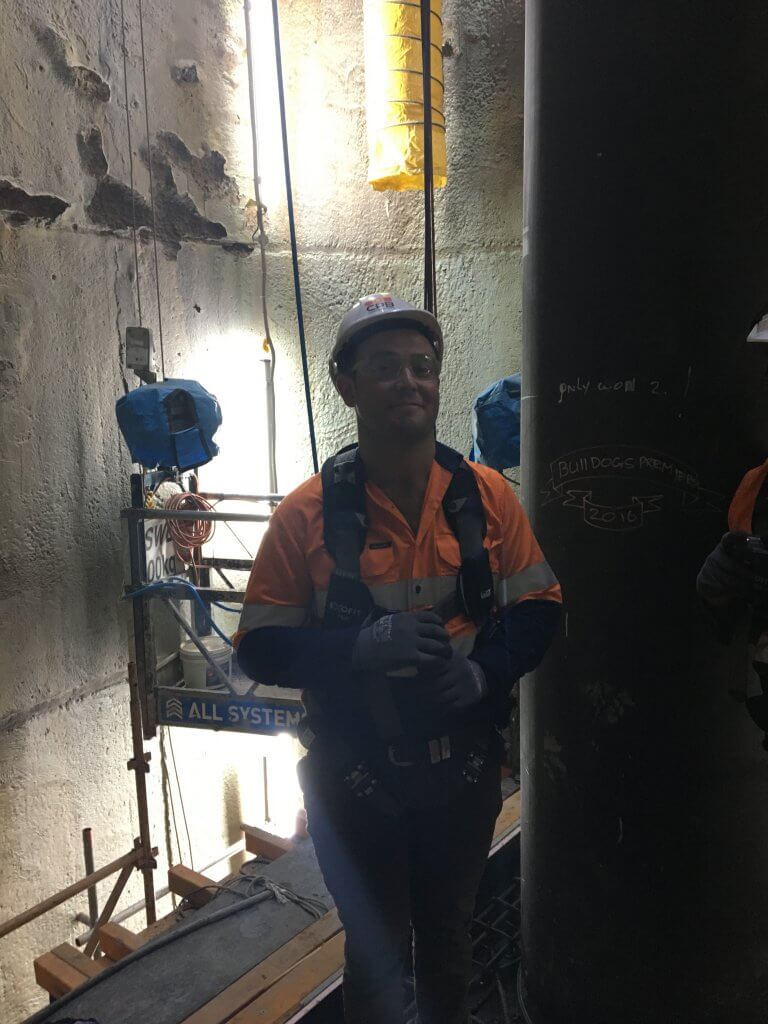
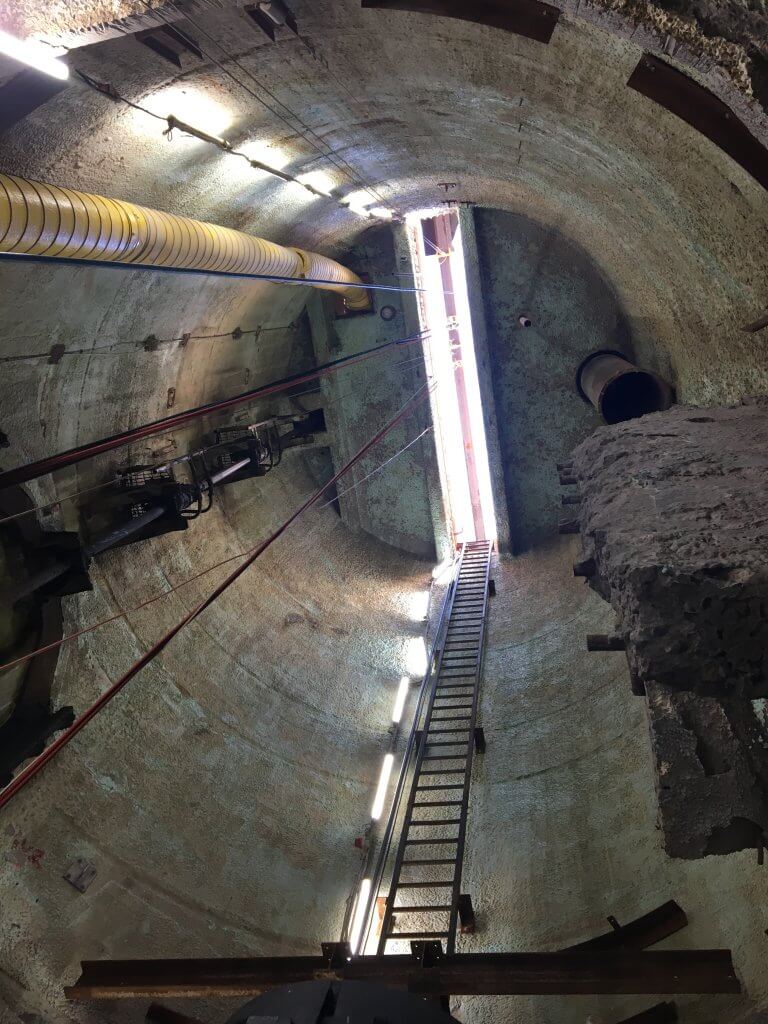
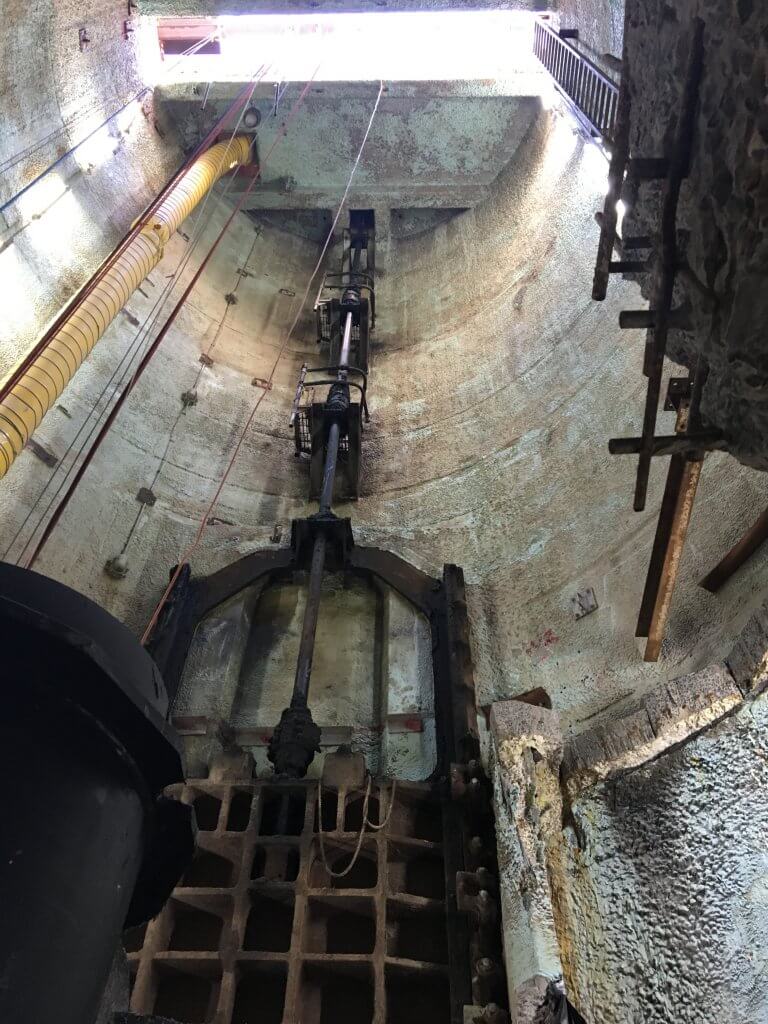
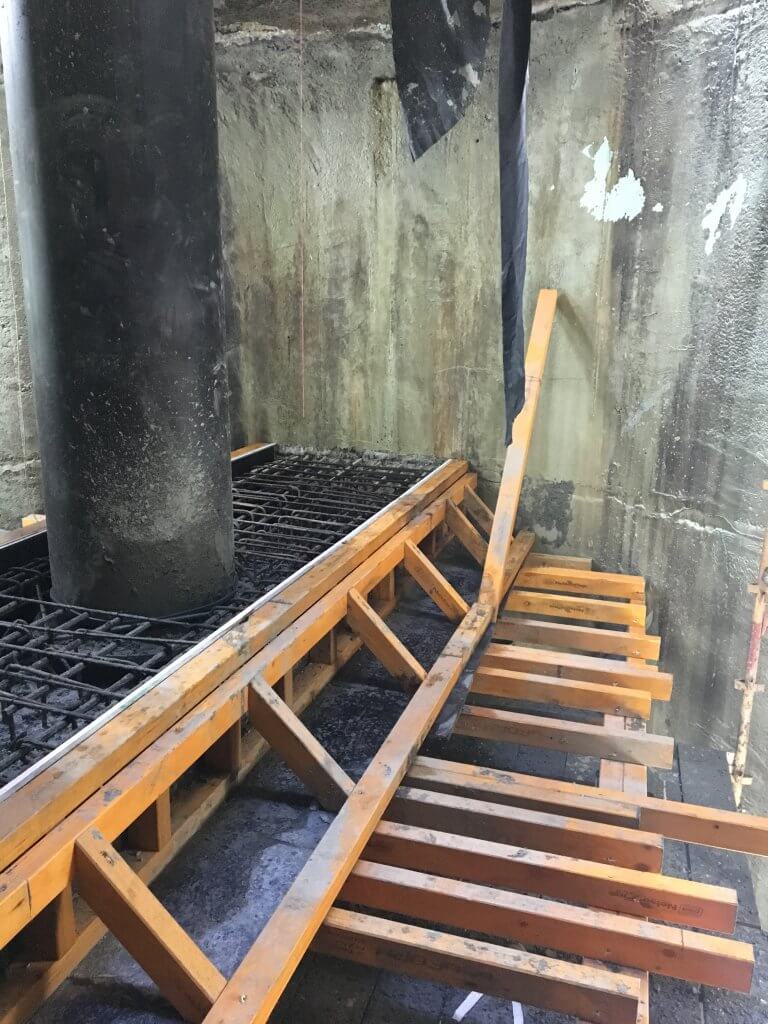
Working safely in confined spaces requires careful planning, risk assessment, and adherence to specific safety procedures, as these areas pose unique hazards such as limited oxygen, toxic gases, and restricted movement. Here’s a concise guide of how REMCON Group analyse the risks and work safely in confined spaces:
A confined space typically has:
Limited openings for entry/exit
Poor ventilation
Is not designed for continuous occupancy (e.g., tanks, vaults, silos)
Before entry:
Assess hazards like oxygen deficiency, toxic gases, flammable vapors, engulfment risk, and mechanical hazards.
Determine if entry is absolutely necessary.
For high-risk confined spaces, use a permit-to-work system that includes:
Description of work
Hazards identified
Control measures
Authorized personnel
Emergency procedures
Ensure adequate natural or mechanical ventilation.
Test the air for oxygen levels (19.5%–23.5%), toxic gases (e.g., CO, H₂S), and flammable gases.
Depending on the risks:
Respiratory protection
Harness and lifeline
Protective clothing
Eye and hearing protection
Maintain constant communication with the entrant.
Use radios, signaling systems, or visual contact as appropriate.
A rescue team must be available, equipped, and trained.
Never rely on untrained personnel for entry rescue.
Practice drills regularly.
All personnel involved must be trained in:
Recognizing confined space hazards
Safe entry and work procedures
Use of PPE and monitoring equipment
Emergency response
Use gas detectors continuously during occupancy.
Re-evaluate if conditions change or tasks vary.









